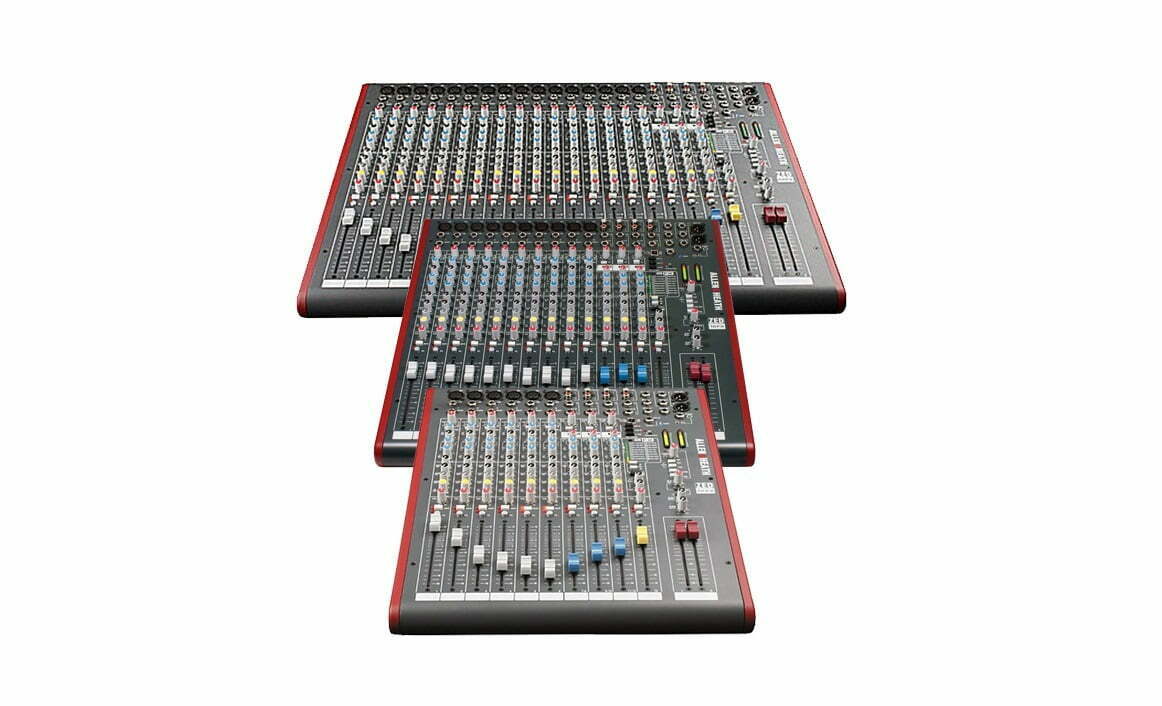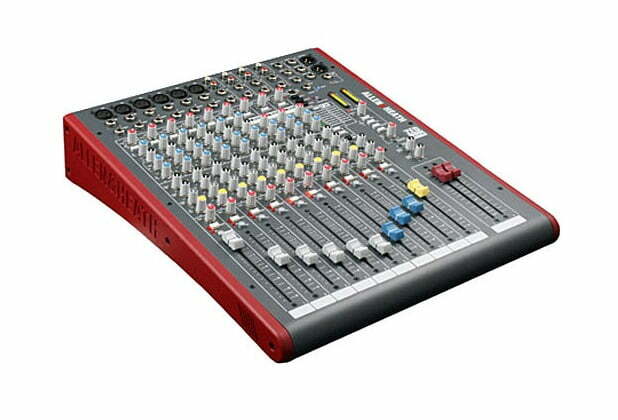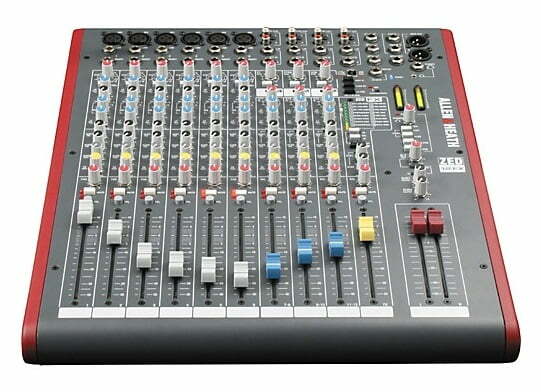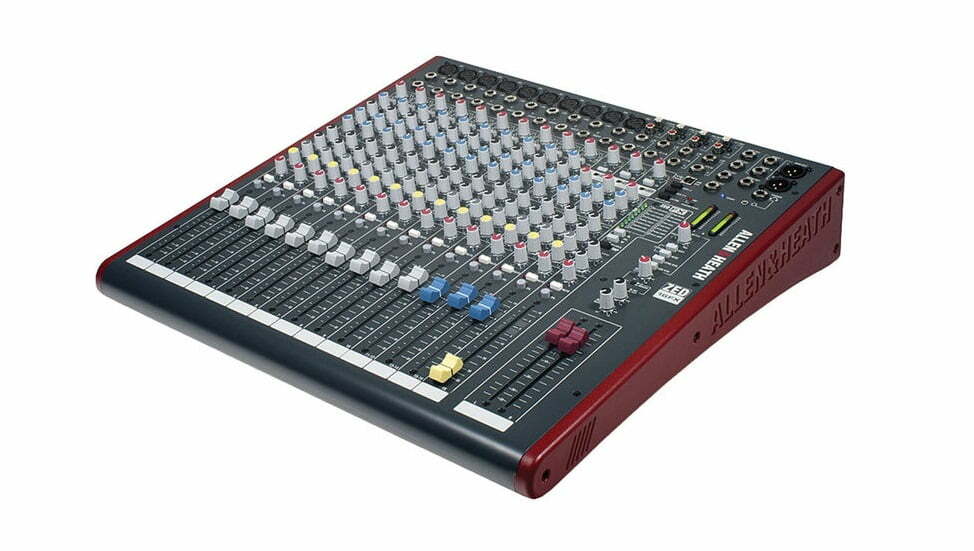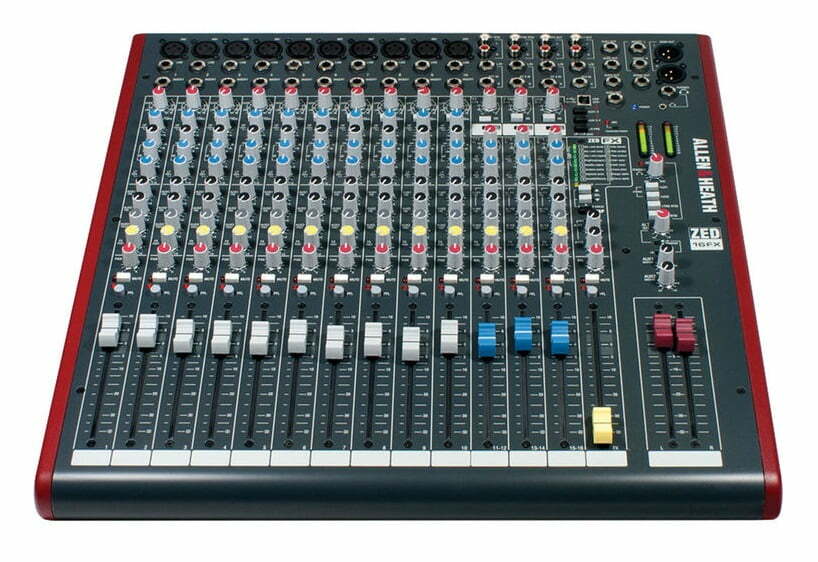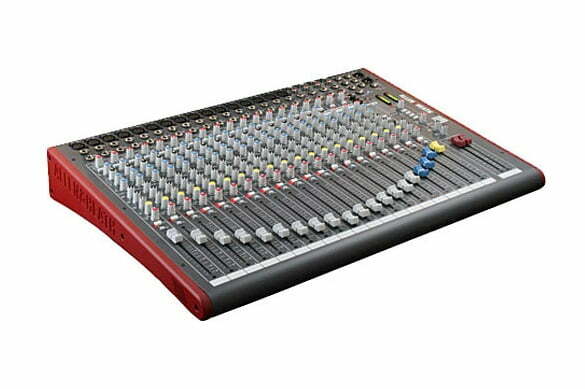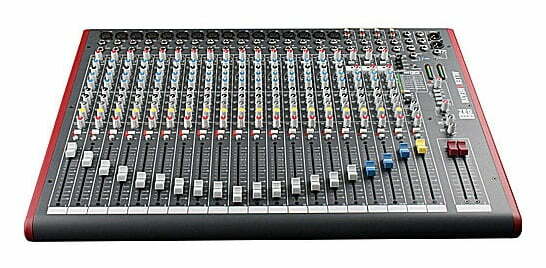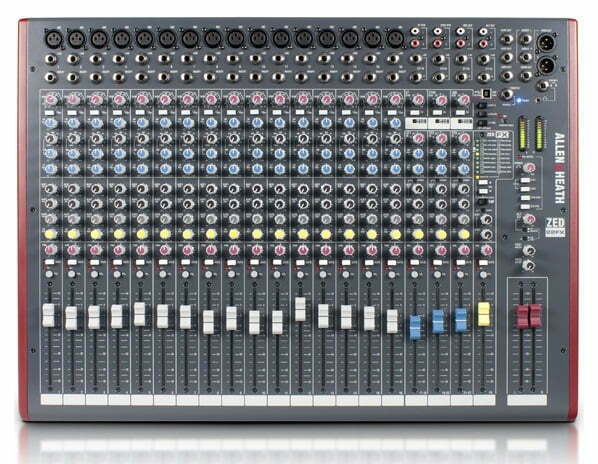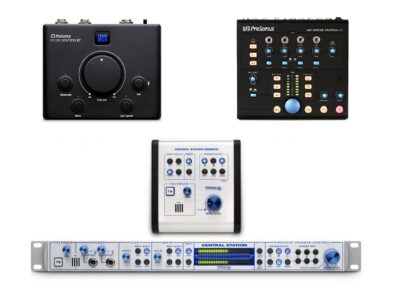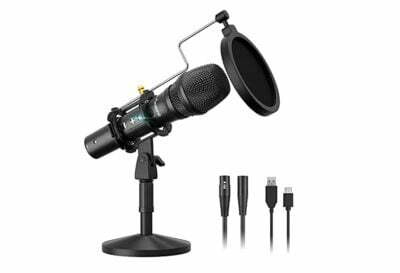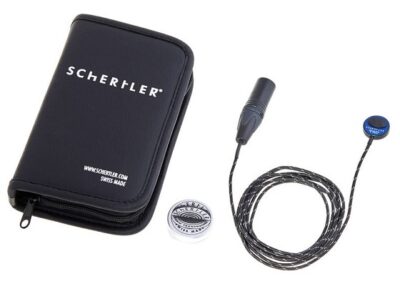Description
ZED 2 Bus Series

USB audio flexibility
Getting audio to and from a computer easily is now a common requirement for live sound and music production. The way this has been implemented on ZED is super-flexible and super-easy! No longer do you need to fiddle around the back of your PC to get to the soundcard inputs, only to find that the levels are all wrong and noisy. Just plug in a USB lead to your ZED, select the USB routing on the mixer and the device on your computer and that’s it! CD quality audio to and from your PC or Mac. Switches and connection through jack socket terminals provide different send/return configurations:-
Send options
1) Main Mix Left + Right (Post-fade)
2) Main Mix Left + Right (Pre-Fade)
3) Auxes 1-2
4) Auxes 3-4
Return options
1) To Stereo 3 channel
MusiQ
ZED 2 Bus series features a responsive 3-band, swept mid frequency EQ design which utilises MusiQ – with optimised slope (or Q factor) for equalising individual instruments.
ZED FX
ZED series has an essential selection of 16 time-delay effects, designed for small groups who don’t want to carry around an effects unit with their gear but who still want great quality FX at their gigs and on their recordings. Our DSP engineers worked hard, crafting and refining beautiful reverb algorithms to enhance every performance. These effects are available nowhere else at this price point – this quality and integration is only available from the ZED-FX. ZED effects are easily controlled using 3 buttons with 9 display LEDs. For example, the ideal delay time can be quickly tapped-in, or the perfect amount of reverb on the lead vocal can be dialled-in. There is one-stop navigation and editing – in fact, it’s just as easy as using effects pedals. To alter effects parameters, the TAP button is held down and the up/down buttons pressed to adjust the specific parameter for that effect, for example, the decay length on PLATE, or the depth on CHORUS.
Duo Pre
Based on the proven pre-amps from the hugely successful PA series, ZED series has DuoPre pre-amps, which use a two stage design, with carefully controlled amounts of gain in each stage. When amplifying the signal from the XLR input, the gain range is huge – 69dB of range to be exact – and is very evenly distributed around the gain control, meaning better control of signal level. Most of the gain comes from the first stage, so unwanted noise is kept to a minimum. Line level signals are simply plugged into the second stage of the pre-amp by using the line input jack socket, which has the great advantage of less noise when using the line input and also matching to a higher input impedance.


